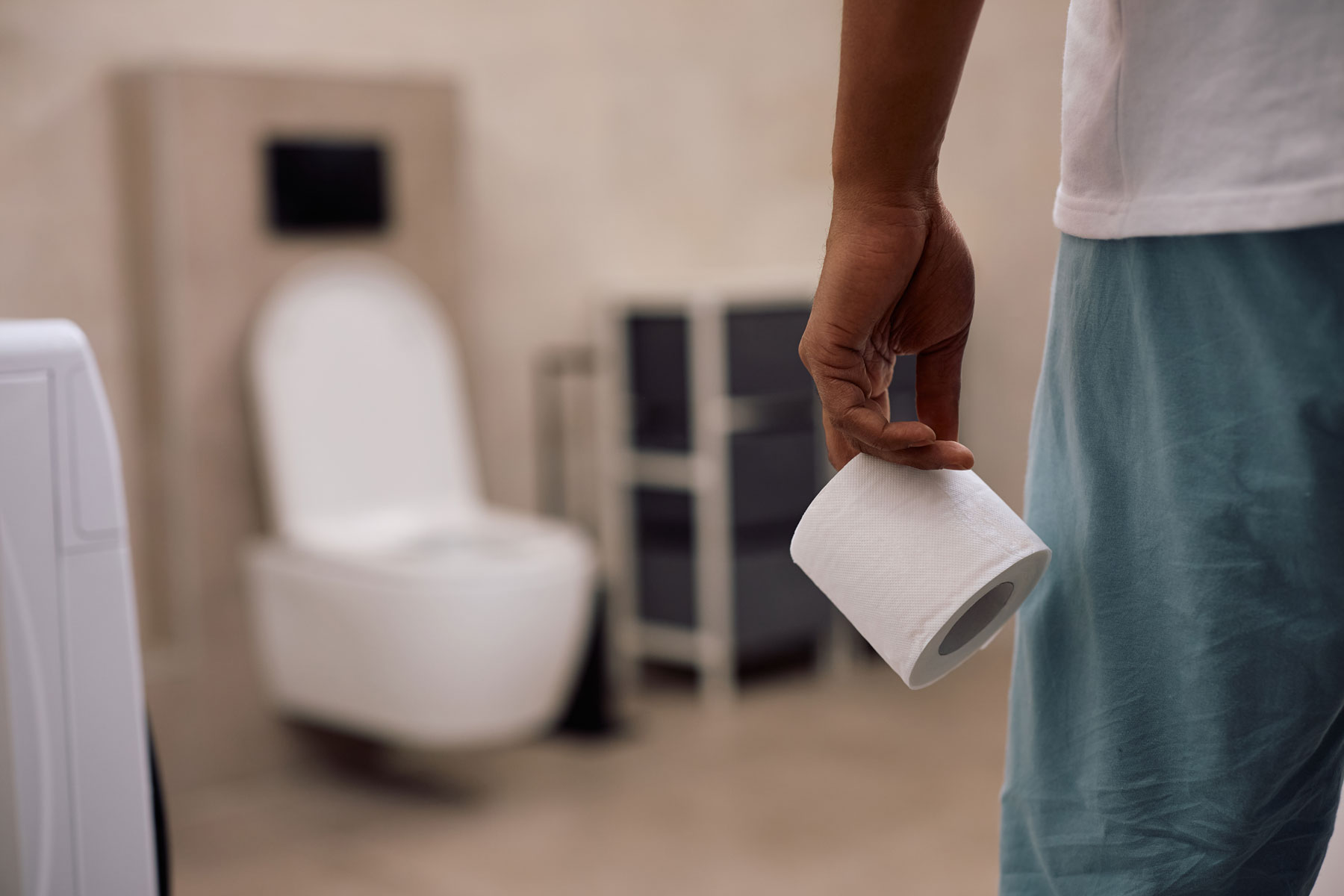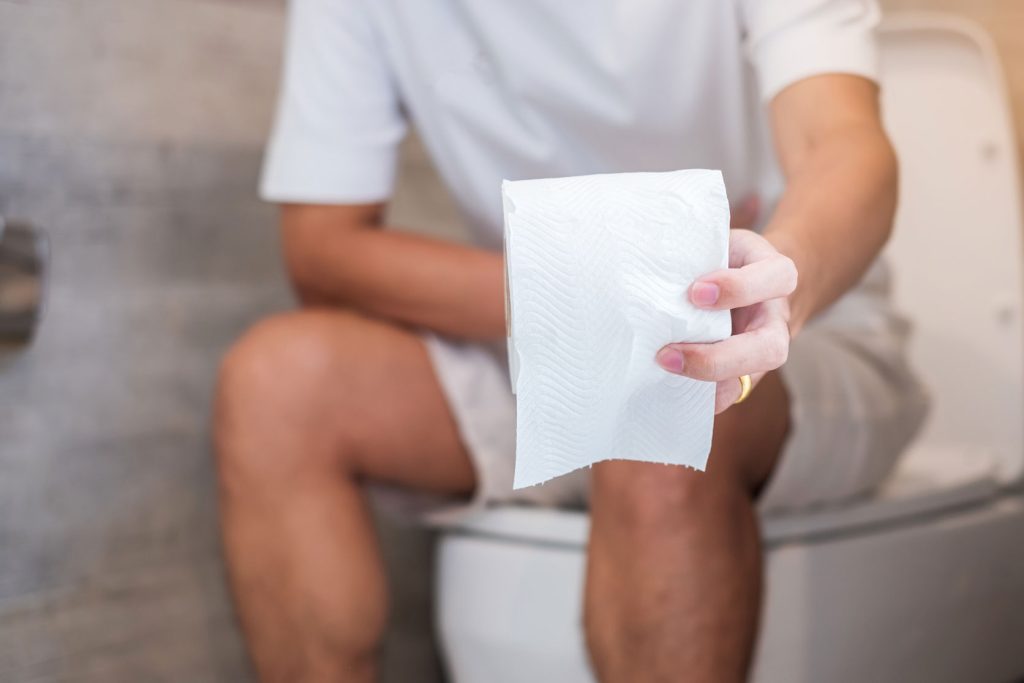Table of Contents
ToggleWhy Do I Have incomplete bowel movements? Effective Strategies and When to Consult a Specialist

The sensation of an incomplete bowel movement can be a frustrating and concerning experience for many individuals in Singapore.
A persistent feeling of not being “done” can impact daily comfort and quality of life. The purpose of this guide is to explore common causes of incomplete bowel movement, discuss practical strategies for how to empty your bowels completely and clarify when consulting a specialist is important.
Understanding Incomplete Bowel Movements: What Does It Really Mean
An incomplete bowel movement is the lingering feeling that you have not fully emptied your bowels after a poo. Medically, a recurrent urge to go with little output is sometimes referred to as tenesmus.
Common incomplete bowel movement symptoms include:
- A persistent sensation that there is still stool left to pass.
- Returning to the toilet multiple times shortly after a bowel movement.
- Abdominal discomfort, bloating, or a feeling of fullness.
- Straining without being able to pass much stool.
This constant sensation and the accompanying discomfort can disrupt a person’s daily routine and affect their overall sense of well-being.
Uncovering Potential Causes of Incomplete Bowel Movement
Understanding why you have incomplete bowel movements is the first step towards finding relief. The causes of incomplete bowel movement can range from simple lifestyle factors to more complex medical conditions, and identifying them is key for effective management. A proper diagnosis can help you learn how to empty your bowels completely.
An incomplete bowel movement can be attributed to these potential causes:
- Insufficient Dietary Fibre Intake: Fibre adds bulk to stool, making it softer and easier to pass. A low-fibre diet can lead to hard stools and difficulty with complete evacuation.
- Dehydration: Not drinking enough water can result in hard, dry stools that are difficult to move through the colon, contributing to a feeling of being 'left over'.
- Sedentary Lifestyle: A lack of regular physical activity can slow down your digestive system, making bowel movements more sluggish and incomplete.
- Irritable Bowel Syndrome (IBS): For those with constipation-predominant IBS (IBS-C), dysregulated gut motility can lead to a sensation of incomplete evacuation.
- Pelvic Floor Dysfunction: A condition where the pelvic floor muscles do not coordinate correctly to allow for a smooth bowel movement, often leading to straining and a feeling of blockage.
Is Something Obstructing Your Bowel Movement?
In some cases, a physical obstruction or structural issue within the lower digestive tract can make it difficult to empty the bowels fully. An accurate diagnosis from a specialist is important to rule out these possibilities and identify the correct cause, which is often a more common and benign issue.
Examples of potential obstructions include:
- Large Haemorrhoids: Swollen veins in the rectum that can physically block the passage of stool.
- Anal Fissures: Small tears in the anal lining that can cause pain during defecation, leading to conscious or unconscious 'holding back'.
- Rectal Prolapse: A condition where the rectum drops down, sometimes protruding through the anus, creating a sensation of a blockage.
- Bowel Strictures: A narrowing of the intestine, perhaps from scarring after surgery or inflammation, which can impede the flow of stool.
- Polyps or Tumours: Less commonly, growths inside the colon or rectum can create a physical barrier, leading to incomplete bowel movement symptoms.
Strategies for More Complete Bowel Movements: What You Can Do at Home
Liver Problems
Liver conditions like hepatitis (liver inflammation) or cirrhosis (scarring) can impair the liver’s ability to process bilirubin, a yellowish pigment created from the breakdown of old red blood cells. A healthy liver converts and excretes this pigment, but a damaged one cannot keep up.
When bilirubin builds up in the blood, it causes jaundice (yellowing of the skin and eyes) and can be excreted in the urine, turning the urine colour dark brown.
Optimising Your Diet for Better Bowel Function
- Gradually increase fibre intake: Aim for 25-35 grams of fibre daily from sources like fruits, vegetables, whole grains, and legumes. A gradual increase helps your digestive system adapt without causing excess gas or bloating.
- Ensure adequate hydration: Drink plenty of water throughout the day. Good hydration helps fibre work effectively by keeping stools soft and easy to pass.
- Consider fibre supplements: If getting enough fibre from your diet is difficult, products like psyllium husk can help. It is best to consult a doctor before starting any new supplements.
- Limit highly processed foods: Foods that are low in fibre and high in fat and sugar can contribute to constipation and should be consumed in moderation.
Establishing Healthy Toilet Habits
Responding to your body’s signals promptly is very helpful; try not to hold in a bowel movement. When on the toilet, adopting a better posture by raising your feet with a small footstool can straighten the rectum, making it easier to pass stool without excessive straining.
The Importance of Regular Physical Activity
Regular exercise helps stimulate the natural contractions of your intestines, promoting more regular and complete bowel movements. Aiming for at least 30 minutes of moderate activity, such as brisk walking, swimming, or cycling, on most days can make a significant difference.
When Self-Help Isn't Enough: Consulting a Specialist

If at-home strategies do not resolve the issue after a few weeks, or if your incomplete bowel movement symptoms are severe or worsening, seeking medical advice is the next important step for an accurate diagnosis.
A specialist consultation is particularly recommended if you experience any of the following:
- Persistent incomplete bowel movement despite trying lifestyle changes.
- Severe abdominal or rectal pain.
- Noticing blood in stools – a symptom that always requires investigation.
- Unexplained weight loss.
- A significant and lasting change in your bowel habits.
- Symptoms that are severe enough to wake you from sleep.
Dr. Thng YongXian offers a comprehensive assessment for complex bowel function issues in Singapore. With expertise in gastrointestinal surgery, he can determine an accurate diagnosis, which may involve investigations like colonoscopy services, and will help you understand how to treat incomplete emptying of the bowel with a tailored plan.